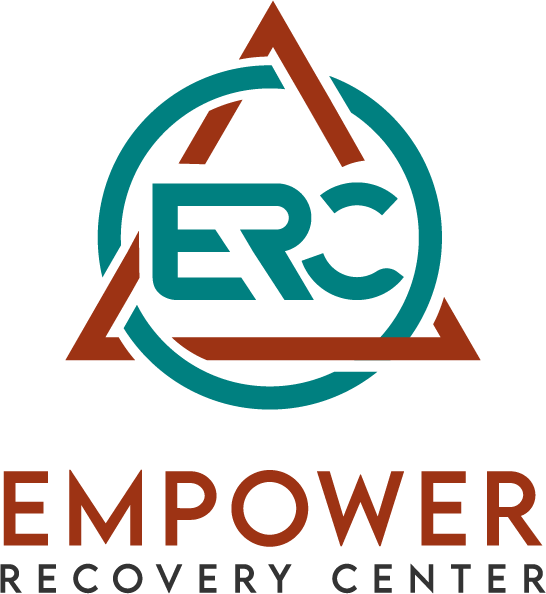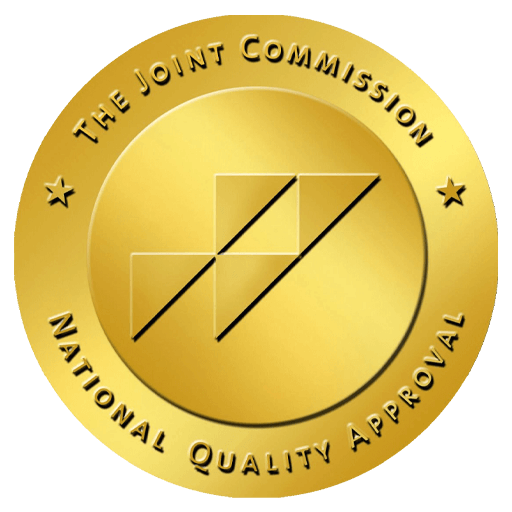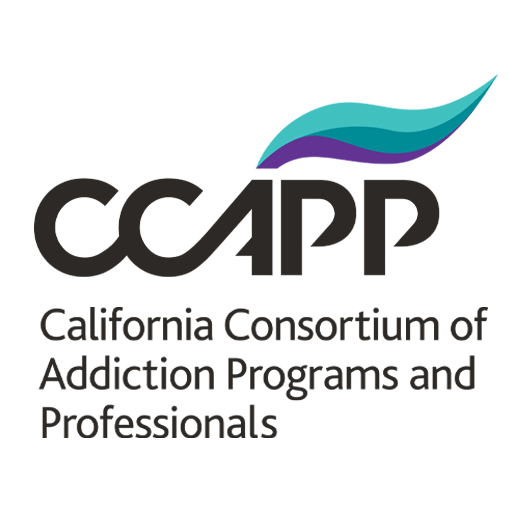Why Failure to Launch Occurs
The journey from adolescence to adulthood is anything but straightforward. Many factors can contribute to a young person’s struggle to attain independence, often referred to as “failure to launch.” Economic turmoil, skyrocketing housing costs, and increased academic pressure can create a daunting landscape for those just starting out. Personal challenges, such as anxiety or depression, can further complicate the path.
From my experience at Empower Recovery Center, where I’ve worked with young adults for over two decades, the most profound struggles often stem from a lack of coping strategies. Our modern world presents a barrage of challenges, making the transition to full independence particularly challenging for some. Understanding these factors is essential for crafting effective treatment for failure to launch, as each individual’s experience is unique.
Exploring Treatment Options
The term “treatment for failure to launch” might evoke images of clinical settings and traditional therapies, but it encompasses a vast spectrum of interventions. At Empower Recovery Center, we believe in a tailored approach, focusing on holistic methods that integrate life skills training, mental health support, and community building.
Personalized therapy is crucial. Cognitive Behavioral Therapy (CBT), Dialectical Behavior Therapy (DBT), and motivational interviewing are commonly used techniques that we employ to support young adults in developing resilience. These therapies focus on helping individuals understand and reshape their thought patterns, fostering a strong sense of agency and motivation.
Family involvement is another cornerstone of effective treatment. Family systems therapy can facilitate communication and understanding between the young adult and their caregivers, enhancing support networks. With societal expectations evolving, it’s not just about individual readiness but family and community support as well.
How Can Parents Help?
Parents often find themselves in a difficult position when their child experiences a failure to launch scenario. Their instinct to protect can sometimes fuel the cycle of dependency. So, what can parents do to support effective treatment for failure to launch?
1. Foster independence by encouraging decision-making and problem-solving. This means stepping back and allowing young adults to face challenges, even if it means encountering setbacks.
2. Set clear expectations regarding responsibilities and boundaries within the home. Transparency can reduce conflicts and promote mutual respect.
3. Seek professional advice when necessary. Sometimes, an external perspective can offer valuable insights and strategies that might not be evident from within the family dynamic.
Treatment Models for Success
Our work at Empower Recovery Center has shown that no single approach fits all when it comes to treatment for failure to launch. We utilize a blend of evidence-based practices and personalized care plans. One especially effective model is the treatment hierarchy, which focuses on prioritizing goals in a structured manner.
This model consists of:
- Foundational support: Addressing mental health issues and creating a safe environment.
- Skills development: Fostering life skills such as financial literacy and time management.
- Real-world integration: Gradually increasing responsibilities like job hunting and managing personal tasks.
By deconstructing the journey to independence into actionable steps, this model empowers individuals to progress at their own pace, enhancing their chances of sustained success.
Is There a Quick Fix?
When addressing treatment for failure to launch, it’s crucial to acknowledge that there is no magical solution. Progress is often incremental and requires patience from both the individual and their support system. The path to independence is a marathon, not a sprint.
Success stories often share common elements: persistent effort, a supportive environment, and strategic intervention. The journey is as much about learning from setbacks as it is about celebrating victories. It’s in the process of overcoming challenges that resilience is built.
At Empower Recovery Center, we emphasize the importance of a guide’s role — someone to help navigate the twists and turns of this journey. This role can be filled by therapists, parents, or mentors, all working collaboratively to support the individual’s growth.
What Qualifies as a Treatment for Failure to Launch Emergency?
Treatment for failure to launch becomes urgent when a young adult’s well-being is at risk — either physically, mentally, or both. This may include instances of severe depression, self-harm, or suicidal thoughts.
In such emergencies, immediate action is crucial. Here’s what to do:
- Contact emergency services if there is an imminent risk to life.
- Seek immediate mental health support from professionals who specialize in crisis intervention.
- Engage with the individual’s support network to ensure they are not isolated during this critical time.
Swift intervention can prevent further escalation, and it sets the stage for recovery and planning for long-term support.
How do you treat failure to launch?
At Empower Recovery Center, we approach “failure to launch” through a highly individualized treatment plan that addresses the root causes and specific challenges faced by each young adult. Our treatment begins with a comprehensive assessment to understand the unique factors contributing to the individual’s struggles. We then tailor a combination of therapies, such as Cognitive Behavioral Therapy (CBT) and Dialectical Behavior Therapy (DBT), to help individuals develop resilience and coping mechanisms.
One of our core philosophies is the integration of life skills training into treatment. For example, a young adult might engage in sessions focused on financial literacy or time management, equipping them with practical skills for daily life. We also emphasize family involvement, using family systems therapy to improve communication and strengthen support networks. This holistic approach not only targets immediate concerns but also lays the groundwork for long-term independence.
Imagine a young person struggling with anxiety that prevents them from pursuing employment. In therapy, we’d use CBT to alter negative thought patterns and practice real-world scenarios in a safe space, gradually exposing them to job search tasks to build confidence. Follow-up questions to consider: What specific skills would be most beneficial for a young adult in your situation? How can your family dynamics support or hinder your progress?
How to recover from failure to launch?
Recovery from “failure to launch” is a journey that requires both patience and perseverance. At Empower Recovery Center, we emphasize the importance of breaking down the path to independence into manageable steps. This often starts with addressing any underlying mental health issues, such as anxiety or depression, through therapy and, when necessary, medication management.
A key component of recovery is setting realistic goals and creating a structured plan to achieve them. For instance, if a young adult has been struggling to hold a job, we might begin with part-time work or volunteer opportunities to gradually build experience and confidence. Throughout this process, we provide ongoing support and encouragement, helping individuals recognize their progress and adapt their strategies as needed.
Picture a young adult who has recently gained employment but finds the workload overwhelming. By focusing on time management and stress reduction techniques, we help them balance responsibilities and maintain their progress. Are there small, achievable goals that you can set for yourself today? How do you handle setbacks when they occur?
What is space treatment for failure to launch?
“Space treatment” is not a widely recognized term in the context of failure to launch, but it could be interpreted as creating a supportive environment that allows young adults the freedom to grow and develop at their own pace while providing necessary guidance and safety nets. At Empower Recovery Center, we apply this concept by fostering an environment where young adults can explore their identities and capabilities without the pressure of immediate success.
This often entails creating a “safe space” within therapeutic sessions, where individuals are encouraged to express themselves and experiment with new roles and responsibilities. For example, someone might try leading a group activity or managing their daily schedule as part of their treatment plan. These experiences are invaluable for self-discovery and building confidence.
Consider how your current environment supports or hinders your growth. What changes could be made to create a space that encourages exploration and self-improvement?
How to get out of failure to launch?
To transition out of a “failure to launch” phase, it’s essential to embrace a mindset of growth and resilience. At Empower Recovery Center, we guide young adults through this process by focusing on empowerment and self-efficacy. It starts with understanding that setbacks are a natural part of growth and that each challenge presents a learning opportunity.
One effective strategy is to develop a personalized action plan with clear, attainable goals. Regular evaluations and adjustments help maintain momentum and encourage progress. We also stress the importance of building a reliable support network, including therapists, mentors, and family members, who can provide encouragement and accountability.
Imagine setting a goal to pursue higher education but feeling overwhelmed by the application process. By breaking down the steps–researching schools, preparing applications, and seeking financial aid–you can navigate each stage with guidance and support. What support systems currently exist in your life that could help you succeed? How can you leverage these to create meaningful change?
How can parents help in failure to launch situations?
Parents play a crucial role in supporting young adults who may be experiencing a failure to launch. At Empower Recovery Center, we often emphasize the importance of balancing support with the encouragement of independence. Parents can foster independence by allowing their young adults to solve problems and make decisions, even at the risk of failure, which is an important learning tool.
Establishing clear expectations and boundaries is another vital step. When parents clearly communicate responsibilities and house rules, it helps reduce conflicts and promotes mutual respect. Additionally, seeking professional advice can offer new perspectives and strategies not readily apparent from within the family.
Consider this scenario: a parent wants to help their child become more financially responsible. They might encourage the child to manage a small budget and gradually increase it as they demonstrate proficiency. What support can you offer your child today that will empower them to tackle tomorrow’s challenges?
Community plays a pivotal role in addressing “failure to launch” by providing a larger support network and a sense of belonging for young adults. At Empower Recovery Center, we recognize the power of community in creating nurturing environments where individuals feel encouraged and understood. Engaging with others who share similar experiences can offer valuable insights and foster a collective sense of purpose.
Community support can manifest in various forms, such as group therapy sessions, mentorship programs, or community service opportunities. These settings offer a platform for individuals to learn from others, share their journeys, and develop social skills essential for personal and professional life.
Imagine a young adult participating in a local volunteer program where they connect with peers and mentors. Through these interactions, they gain confidence, leadership skills, and a renewed sense of motivation. How can you become more involved in your community to enhance both your personal growth and support those around you?








